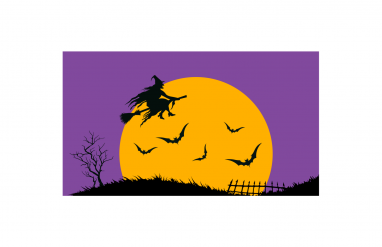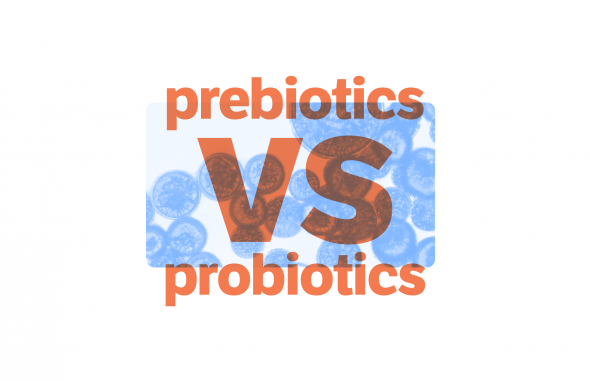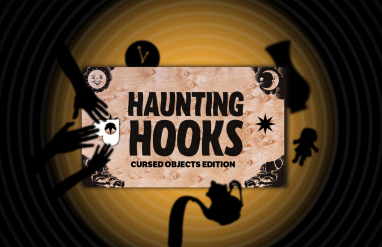Okay, this one might make you feel a little itchy. An itch is a skin irritation that causes the desire to scratch. Scratch describes the action used to relieve an itch. The grammatically correct construction is “to scratch an itch.” People often use itch and scratch in place of each other in everyday speech. For example, you may hear people saying they need to “itch a mosquito bite.”
Itch
Itch can be either a noun or a verb. As a noun, it refers to the the feeling of an irritation on the skin that makes you want to scratch. Itch is generally used as an intransitive verb, meaning it doesn’t need an object to make sense. For example, you might say, “My mosquito bites really itch.” Less commonly, itch can also be used transitively, which means it affects a direct object. When used this way, it means to cause an itch. An example of this usage is “My wool sweater really itches my arms.”
Scratch
Scratch can also be used as either a noun or a verb. As a noun, its most common meaning is that of a thin, shallow injury to the skin or to some other surface. For instance, a wooden table can have a scratch. Scratch as a verb is generally transitive. As a verb it generally means to either tend to an itch by rubbing and scraping with your fingernails, or it can mean to cause or create scratches. You can “scratch your head” if you’re puzzled, you can “scratch your leg” on the thorns of a rose bush, and you can “scratch an itch.”
Confusion Between Itch and Scratch
In casual speech, people often substitute the verb itch for the verb scratch. If you use itch in the place of scratch in a casual conversation, everyone will understand what you mean. Still, you should take care to use the correct word when you’re writing or speaking in a non-casual setting.










